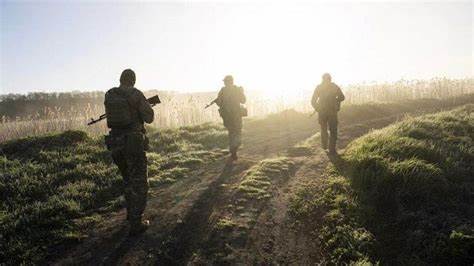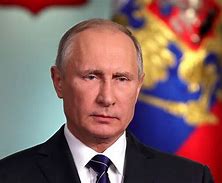
Just months after his anticipated victory in Russia’s eighth presidential election, Vladimir Putin stands at the helm of a nation that continues to exhibit staunch resilience amidst global scrutiny and internal challenges. As the Russian president embraces a new term, the world watches intently, pondering the implications of his unwavering dominance and the future trajectory of the nation he has steered for nearly a quarter of a century.
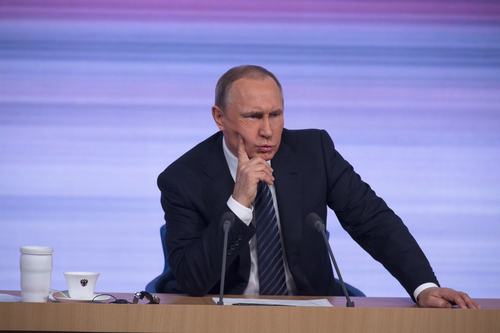
Putin’s Russia, often mired in controversy, faces multifaceted realities as it marches into this latest chapter. Domestically, the regime has fortified its power through a relentless campaign against dissent, the muzzling of independent journalism, and the promotion of stringent traditional values that have marginalized many.
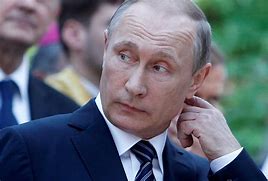
The lamentable demise of the opposition leader Alexei Navalny in a Siberian prison galvanized a moral resistance reminiscent of the Soviet dissident era.
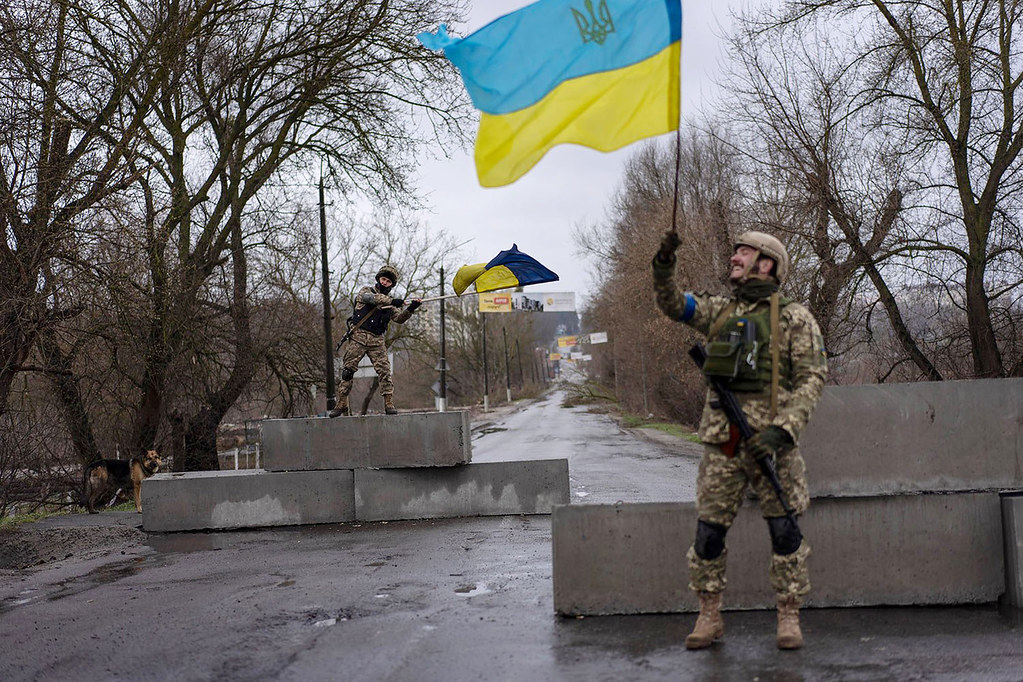
In the shadow of historical parallels, incidents like Navalny’s struggle for civil liberty and the refusal of the authorities to release his body to his grieving mother resonate deeply with the public consciousness and serve as modern emblems of defiance against autocracy.
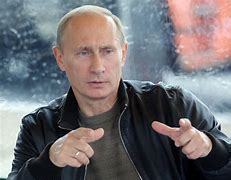
Internationally, Putin’s unabated military adventure in Ukraine stands as a testament to his strategic ambitions, though at a considerable human and economic toll.
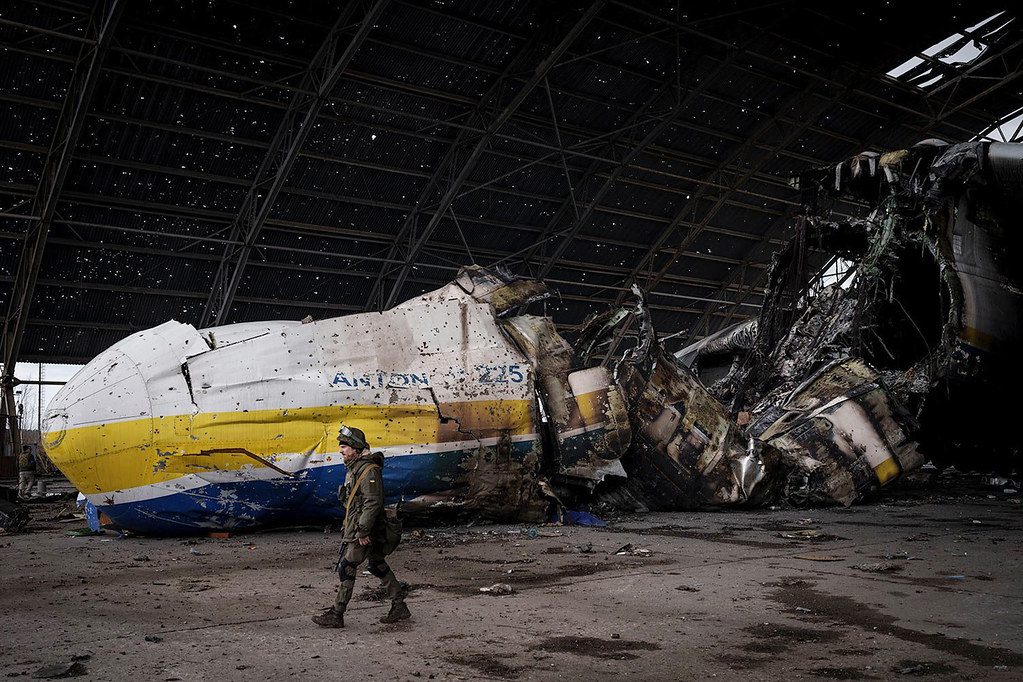
The conflict, central to Putin’s political agenda, has further intensified Russia’s isolation from the West and has cast a long shadow over the nation’s economic stability and global standing.
Despite the grip Putin maintains, the true resilience of his regime remains a subject of debate. Observers and analysts contend that beneath the facade of control, vulnerabilities lie in plain sight.

Decisions made within the Kremlin are increasingly personalized and arbitrary, lacking the checks and balances that fortify a sustainable polity. Such precariousness has led to speculations of an imminent risk of crumbling, as witnessed with the Soviet predecessor three decades prior.
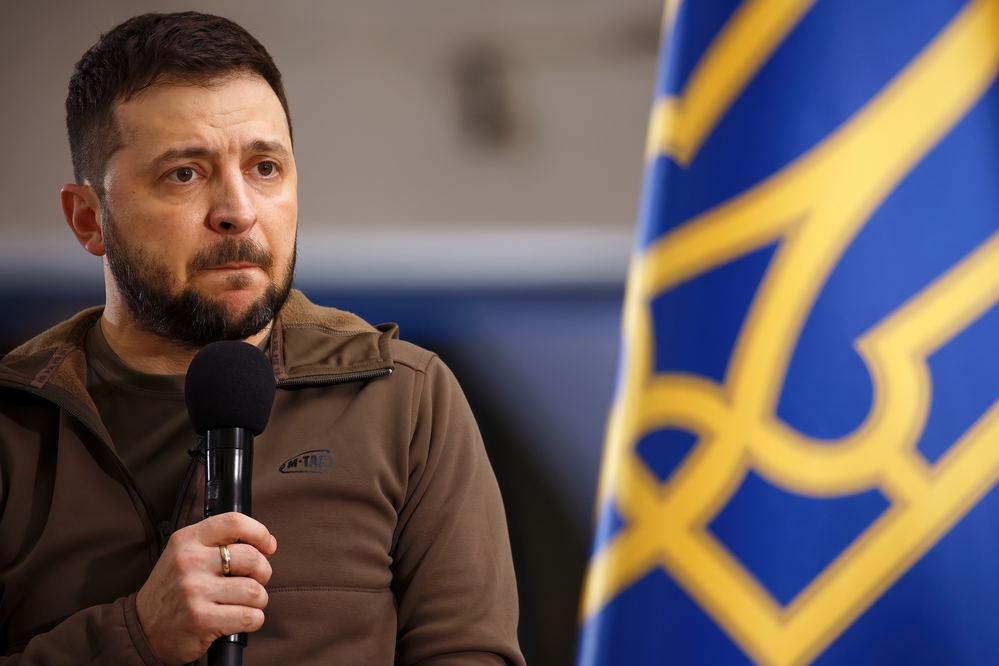
Putin’s aversion to Western ideologies continues unabated.

The state has manifested its resistance through measures such as the ban on LGBTQ+ movements, the imposition of retrogressive laws, and attacks on perceived Western influence, all under the banner of safeguarding moral fiber and national identity.
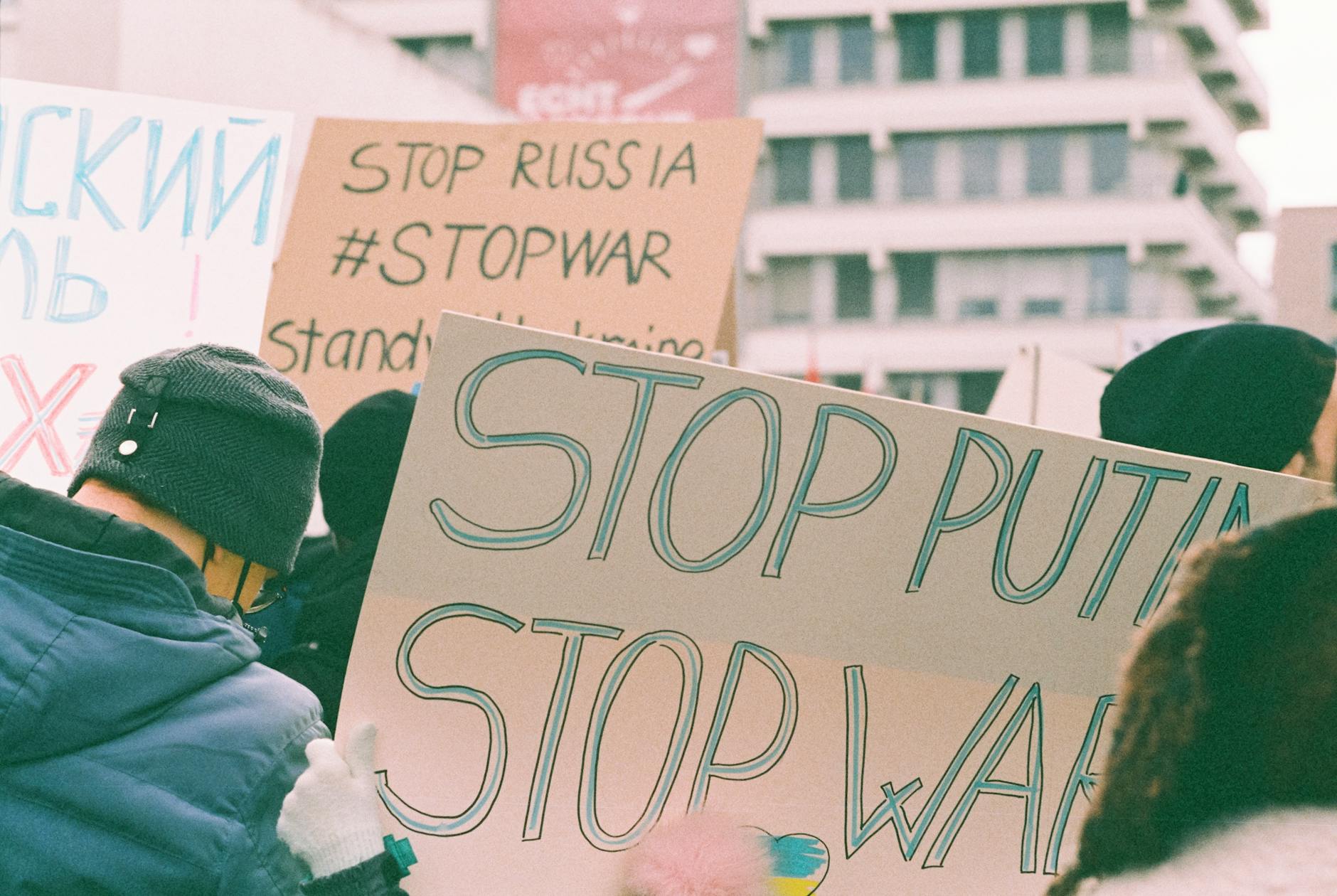
The incoming term marks a threshold moment for Russia and its leader. While Putin navigates through a tumultuous landscape of internal resistance and external pressures, the prospect of his country partaking in further military ventures, such as in the Baltics or Poland, looms ominously for neighboring states.
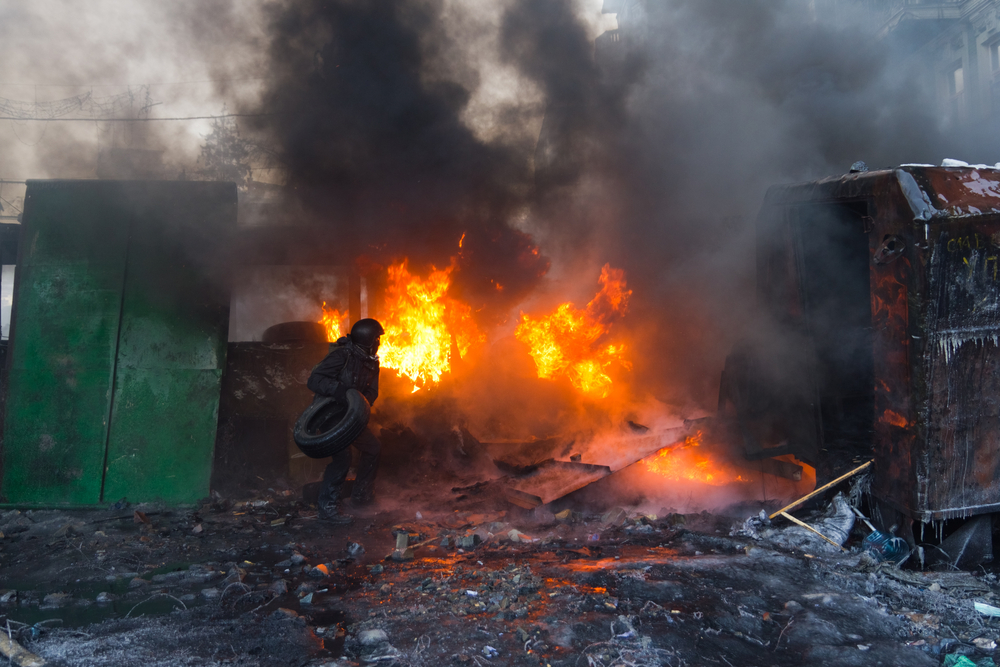
Harvard professor Stephen Walt and others question the wisdom and capacity for such expansion, suggesting that the toll of the Ukrainian conflict might temper further imperial aspirations.
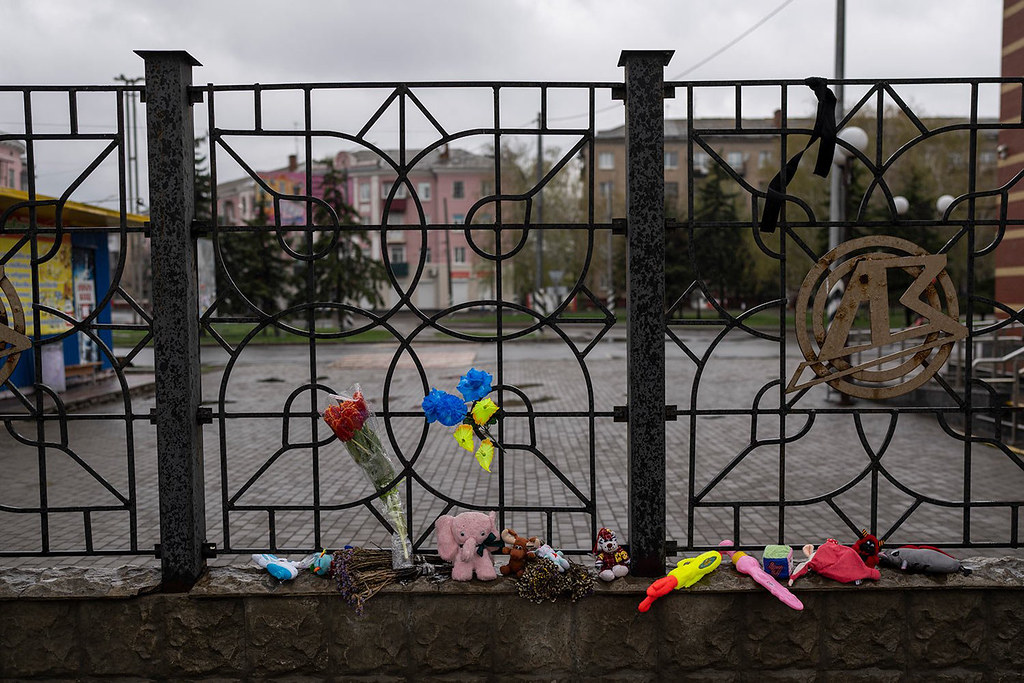
Nevertheless, the Russian people and civil society have demonstrated a quiet but formidable fortitude. The moral resistance of the past rekindles in the solitary pickets, private discussions, and collective acts of remembrance that honor fallen heroes like Navalny. This enduring spirit of dissent serves as a poignant reminder that the Russian public’s capacity for self-expression and pursuit of justice remains unextinguished.

As Putin embarks on another term, his actions will not only shape the lives of the Russian people but also ripple through the international order, challenging the tenets of global security and the rule of law. The world continues to observe, with bated breath, the unfolding narrative of a nation at a crossroads, guided by a leader whose legacy is as complex as it is contentious.
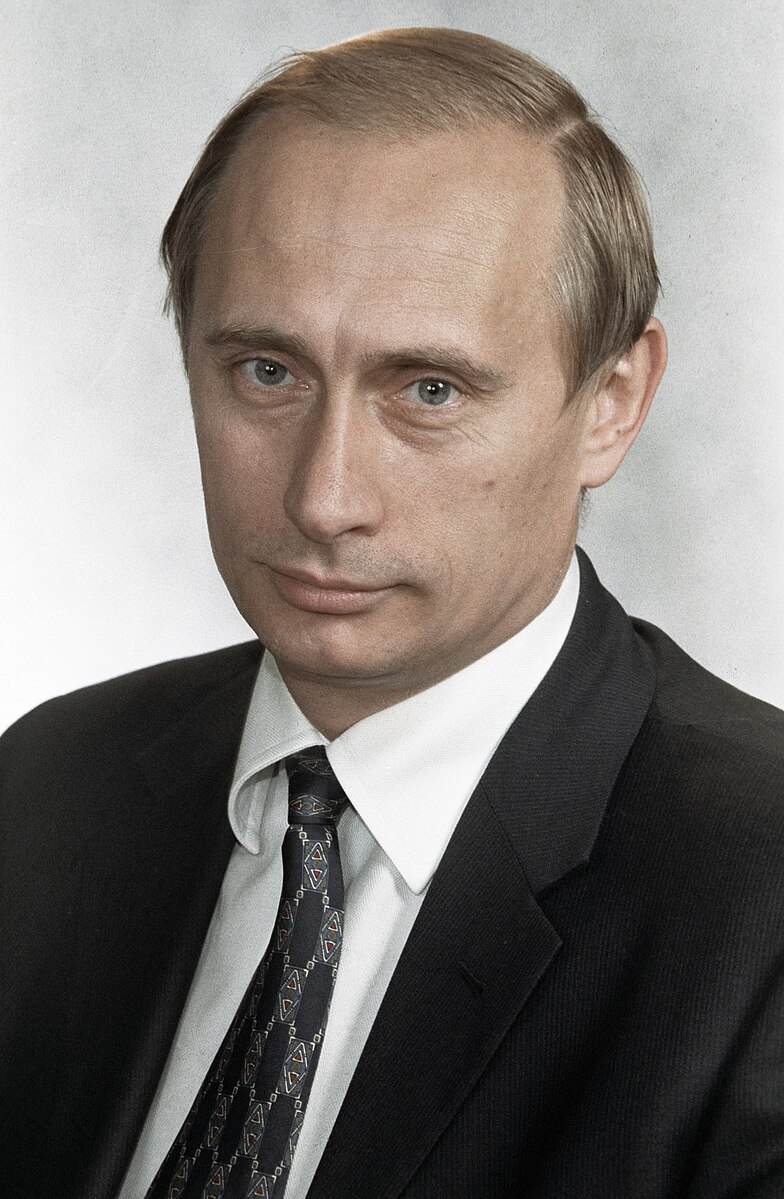
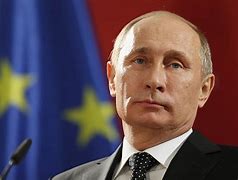
Relevant articles:
– The New Moral Resistance to Putin, Foreign Affairs
– Eroding Consolidation: Putin’s Regime Ahead of the 2024 “Election”, Carnegie Endowment for International Peace
– As Putin begins another 6-year term, he is entering a new era of extraordinary power in Russia, AP News
– How Resilient Is Putin?, Project Syndicate
